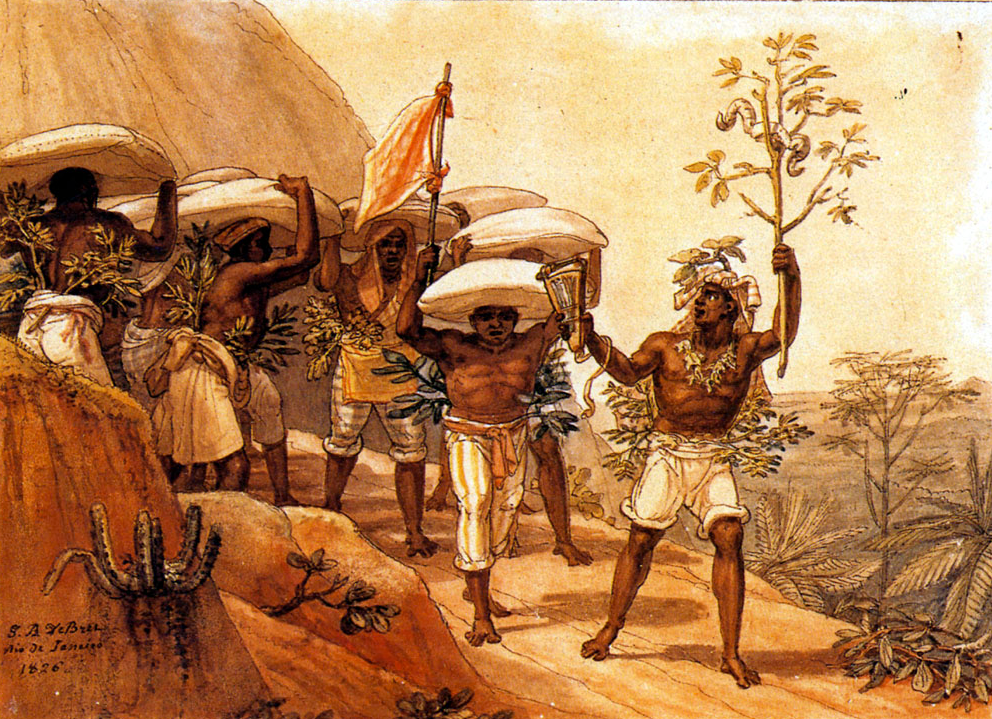Atlantic societies have undergone profound changes due to the lasting effects of slavery. The institution not only influenced demographics but also reshaped social hierarchies, economies, and cultural identities across the Atlantic world. Enslaved individuals brought forced labor that fueled economic growth, especially in plantation systems. However, this economic prosperity came at a severe human cost, with millions enduring hardship and loss of freedom. The legacy of slavery remains deeply embedded, affecting political structures and societal relations long after abolition. Understanding these transformations is vital to comprehending modern challenges in these regions and recognizing the resilience and contributions of those impacted.
The Lasting Social Transformation in Atlantic Societies
The institution of slavery introduced radical shifts in the social fabric of Atlantic societies. It created rigid racial hierarchies that justified unequal treatment and social exclusion for enslaved populations. Freed individuals and their descendants faced systemic barriers, limiting access to education, political participation, and economic opportunities. Furthermore, communities formed by formerly enslaved people fostered unique cultural expressions, blending African traditions with local customs. Over time, these cultural developments influenced music, language, religion, and art across the Atlantic region. Simultaneously, social tensions stemming from racial inequality have persisted, occasionally sparking conflicts and movements seeking justice and equality. The persistence of these issues highlights the depth of slavery’s imprint on society.
Economic and Political Ripples in Atlantic Societies
Economically, the forced labor of enslaved people underpinned major industries such as sugar, cotton, and tobacco cultivation. This labor supply helped Atlantic nations achieve significant wealth accumulation and international trade dominance. Yet, reliance on slavery created fragile economic dependencies vulnerable to abolitionist pressures and changing market conditions. Politically, power structures often supported or resisted these economic interests, influencing legislation and governance. Resistance by enslaved and free Black communities also shaped political dynamics, prompting reforms and revolts. These movements challenged existing orders and contributed to eventual emancipation efforts. Consequently, slavery’s impact extended beyond economics into shaping political ideologies and activism. The intricate relationship between economic gain and human rights continues to influence policy debates and social justice initiatives today.
